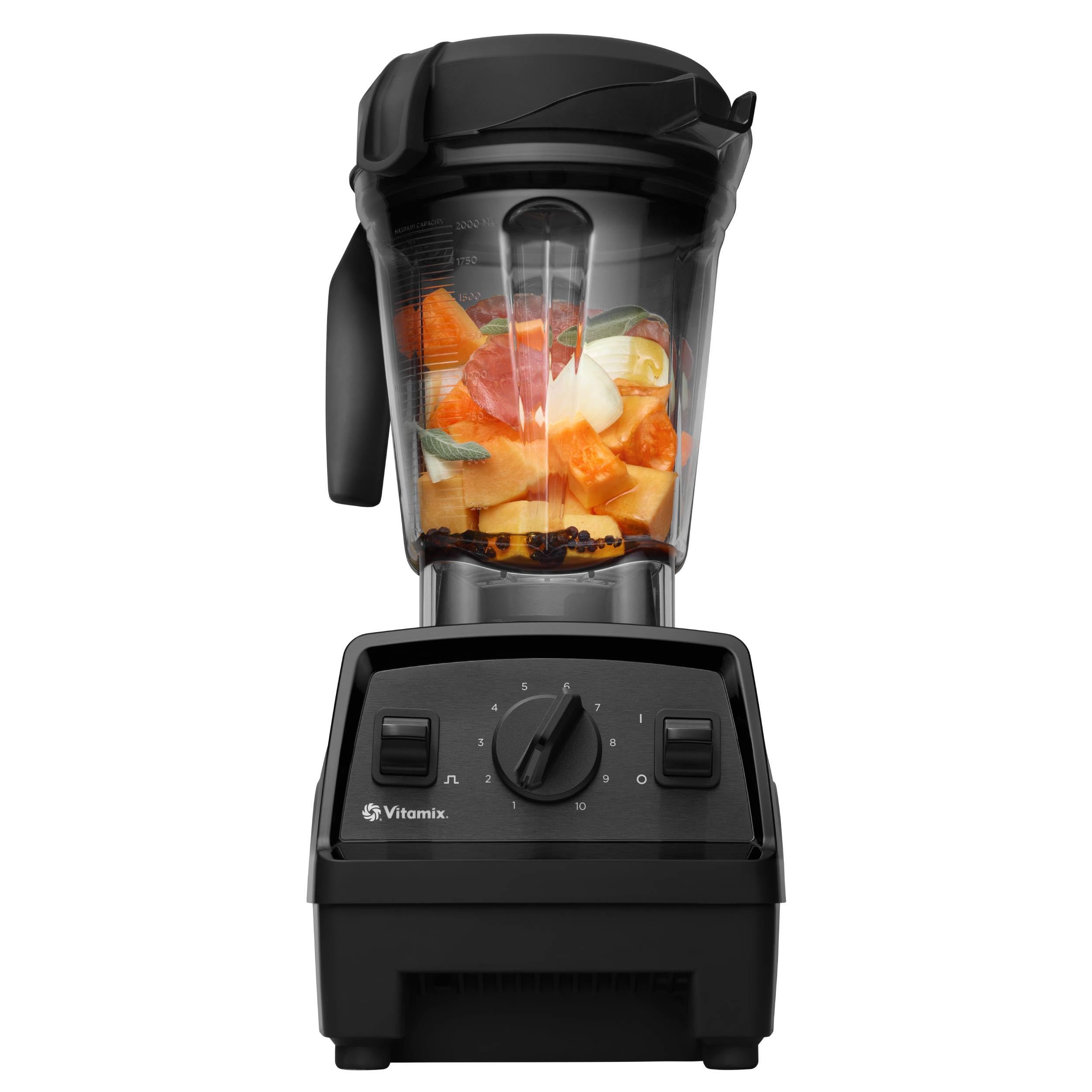Are you tired of your Beko dishwasher causing a ruckus but not actually doing its job? Well, buckle up because we've got the scoop on what's going wrong and how to fix it.
From common causes of noise to malfunctioning parts that could be the culprit, we'll guide you through troubleshooting steps and even offer professional repair options.
Say goodbye to the noise and hello to a fully functioning dishwasher with our helpful tips and tricks.
Key Takeaways





- Malfunctioning pump and faulty motor are common causes of noise in a Beko dishwasher.
- The heating element, drain pump, control board, blown fuse, and tripped circuit breaker can cause a Beko dishwasher to stop working.
- Simple fixes for noise issues include checking the spray arm for cracks or obstructions, cleaning the pump, and examining the inlet valve for obstructions or damage.
- If the dishwasher won't function properly, troubleshooting steps include checking the power supply, power cord connection, circuit breaker, and door latch, and contacting a professional technician if needed.
Common Causes of Noise in a Beko Dishwasher
You may be wondering what causes the noise in your Beko dishwasher. When it comes to troubleshooting the noise, there can be a few common causes.
One possible cause is a malfunctioning pump. The pump is responsible for circulating the water and if it isn't working properly, it can create a loud noise.
Another potential cause is a faulty motor. The motor is responsible for powering the dishwasher's various functions, and if it isn't functioning correctly, it can produce a loud noise.
Additionally, loose or worn-out parts can also contribute to the noise. Components such as the spray arm, bearings, or even the door latch can become loose over time and cause rattling or banging noises.





To troubleshoot the noise in your Beko dishwasher, it's recommended to first check the pump and motor for any issues. If they appear to be functioning properly, then inspecting and tightening any loose parts could be the next step.
Malfunctioning Parts That Can Cause a Beko Dishwasher to Stop Working
If your Beko dishwasher is not working, it could be due to malfunctioning parts. There are several faulty components and electrical problems that can cause your dishwasher to stop working properly. Identifying these issues can help you determine the necessary repairs or replacements needed to get your dishwasher up and running again.
Here is a table outlining some of the common malfunctioning parts that can cause your Beko dishwasher to stop working:
| Faulty Component | Description | Solution |
|---|---|---|
| Heating Element | If the heating element is not functioning, your dishwasher may not be able to heat the water properly, resulting in ineffective cleaning. | Replace the heating element. |
| Drain Pump | A faulty drain pump can prevent your dishwasher from draining water properly, leading to standing water in the tub. | Replace the drain pump. |
| Control Board | If the control board is malfunctioning, it can cause your dishwasher to stop working altogether or display error codes. | Replace the control board. |
In addition to these faulty components, electrical problems such as a blown fuse or a tripped circuit breaker can also cause your dishwasher to stop working. If you suspect an electrical issue, it is recommended to consult a professional technician to avoid any safety hazards.





Simple Fixes for Noise Issues in a Beko Dishwasher
Here are some quick and easy fixes to address noise issues in your Beko dishwasher. Follow these troubleshooting steps to find solutions for common noise problems:
- Check the spray arm: A loose or damaged spray arm can cause rattling or banging noises during the wash cycle. Inspect the spray arm for any cracks or obstructions and ensure it's securely attached. If necessary, replace the spray arm to eliminate the noise.
- Inspect the pump: A malfunctioning or clogged pump can create loud grinding or humming sounds. Check the pump for any debris or blockages, and clean it thoroughly. If the pump is damaged, it may need to be replaced to resolve the noise issue.
- Examine the inlet valve: A faulty inlet valve can result in vibrating or buzzing noises. Inspect the inlet valve for any obstructions or damage. If necessary, replace the inlet valve to eliminate the noise.
By following these simple troubleshooting steps, you can often identify and resolve noise issues in your Beko dishwasher.
If the noise persists after attempting these fixes, it's recommended to contact a qualified technician for further assistance.
Troubleshooting Steps for a Beko Dishwasher That Won't Function Properly
To diagnose and resolve issues with a Beko dishwasher that isn't functioning properly, start by checking the power supply and ensuring the door is securely closed. If your dishwasher won't turn on, there are a few possible solutions you can try.
First, check if the power cord is properly connected to a functioning power outlet. If it's connected, check the circuit breaker to see if it has tripped. If the power supply isn't the issue, inspect the door latch to make sure it's engaging properly. A faulty door latch can prevent the dishwasher from starting.
If the dishwasher still won't turn on, it may be a problem with the control panel or the electronic control board. In this case, it's recommended to contact a professional technician for further assistance.
If you're experiencing water leakage from your Beko dishwasher, troubleshooting the issue is crucial. Start by checking the door seal for any signs of damage or wear. A damaged door seal can cause water to leak out during the wash cycle.
If the door seal is intact, inspect the spray arm and ensure it's securely attached. A loose or damaged spray arm can cause water to spray in unintended directions, leading to leakage. Additionally, check the water inlet valve and hose for any signs of leakage or blockage. If any issues are detected, they should be resolved or replaced accordingly.
If the problem persists, it's advisable to seek professional help to identify and fix the underlying cause of the water leakage.
Professional Repairs and Maintenance for a Noisy and Inoperative Beko Dishwasher
For expert assistance with your noisy and inoperative Beko dishwasher, contact a professional technician. They have the skills and knowledge to diagnose and fix any issues your dishwasher may be experiencing.
Here are some reasons why professional repairs and maintenance are essential for a noisy and inoperative dishwasher:
- Identifying the problem: A professional technician can accurately identify the cause of the noise and why your dishwasher isn't working. They have the expertise to troubleshoot and diagnose the issue quickly.
- Proper repairs: Once the problem is identified, a professional technician can perform the necessary repairs using the appropriate tools and techniques. They have access to genuine replacement parts, ensuring that your dishwasher is restored to its optimal functionality.
- Preventive maintenance: In addition to repairs, professional technicians can provide regular maintenance to keep your dishwasher running smoothly. This includes cleaning and inspecting vital components, adjusting settings, and ensuring proper water flow.
Frequently Asked Questions
How Much Does It Cost to Repair a Beko Dishwasher That Is Making Noise but Not Working?
The cost of professional repair for a noisy but non-functioning Beko dishwasher can vary. However, before spending money, you can try DIY troubleshooting techniques to identify and fix the issue yourself.
Can I Fix a Noisy Beko Dishwasher on My Own Without Professional Help?
You can definitely fix a noisy Beko dishwasher on your own without professional help. Start by following troubleshooting steps and trying common DIY fixes. You have the power to take control and solve this issue.
How Long Does It Usually Take to Troubleshoot a Beko Dishwasher That Won't Function Properly?
To troubleshoot a Beko dishwasher that won't function properly, it usually takes some time. However, with DIY repairs, you can save time and money by identifying the issue and fixing it yourself.
Are There Any Preventive Measures I Can Take to Avoid Noise Issues in My Beko Dishwasher?
To avoid noise issues in your Beko dishwasher, you can implement preventive maintenance measures. Regularly clean the filters, check for loose parts, and ensure proper loading of dishes. If noise persists, utilize troubleshooting techniques to identify and resolve the issue.
What Are Some Common Signs That Indicate a Malfunctioning Part in a Beko Dishwasher?
If your Beko dishwasher is not working properly, there are common signs of malfunctioning parts to look out for. Troubleshooting a malfunctioning dishwasher requires careful examination and potentially replacing faulty components.

Hey, I’m Jake. I focus on cooling systems at Appliance Mastery, like fridges, freezers, and air conditioners.
I’ve worked in appliance repair for more than ten years and I’m certified through NASTeC. I’ve seen just about every fridge issue you can imagine.
My goal is to help you fix problems without stress. Whether it’s a freezer that won’t cool or an AC that keeps beeping, I’m here to walk you through it.
